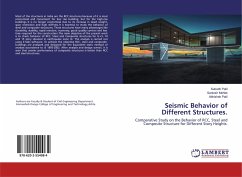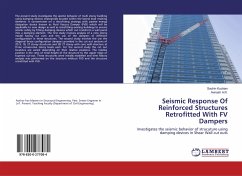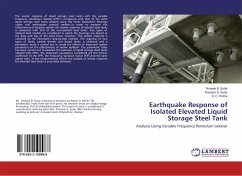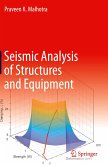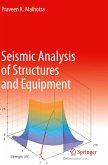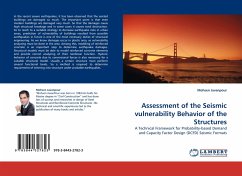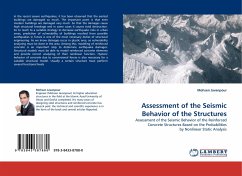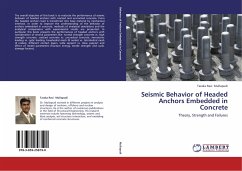Most of the structures in India are the RCC structures because of it is most economical and convenient for low rise building, but for the high-rise buildings it is no longer economical due to its increase in dead weight, span restriction and high stiffness.It is essential to study the behavior of steel and composite structures. These structures have many advantages like durability, stability, rapid erection, economy, good quality control and less time required for the construction.The main objective of the present work is to check behavior of RCC, Steel and Composite structures for G+5, 10 and 15 story situated in earthquake zone III. The analysis is carried out using E-Tabs software. To achieve the objective RCC, steel and composite buildings are analyzed and designed for the Equivalent static method of analysis accordance to IS 1893-2002. After analysis and design overall, it is seen that seismic performance of composite structures is better than RCC and steel structures.
Bitte wählen Sie Ihr Anliegen aus.
Rechnungen
Retourenschein anfordern
Bestellstatus
Storno

